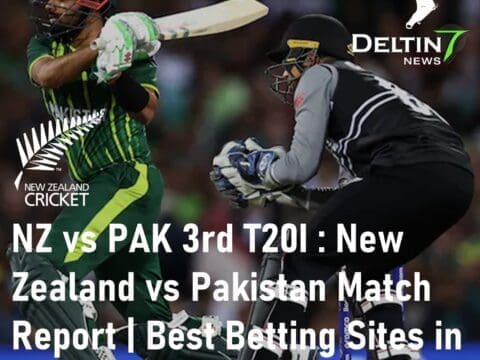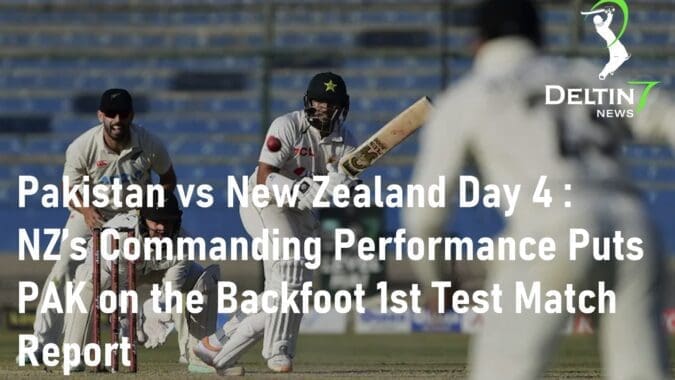
Asia Cup Uncertainty: Sri Lanka, Afghanistan, and Bangladesh Reject PCB’s Hybrid Model
In the world of cricket, the Asia Cup has always been a highly anticipated tournament, showcasing the talents of the top teams from the continent. However, the upcoming edition of the Asia Cup seems to be shrouded in uncertainty.
Defending champions Sri Lanka, along with Afghanistan and Bangladesh, have formally rejected the hybrid model proposed by the Pakistan Cricket Board (PCB) for the tournament. As a result, the host nation for the tournament is still up in the air. Let’s delve into the details and the possible implications of this development.
The Rejection of the Hybrid Model
The PCB had suggested a hybrid model for the Asia Cup, which involved hosting four games in Pakistan and the remaining matches in the United Arab Emirates (UAE). However, Sri Lanka Cricket (SLC), Bangladesh Cricket Board (BCB), and Afghanistan Cricket Board (ACB) have written to the Asian Cricket Council (ACC) formally rejecting this proposal. Their stance aligns with that of the Board of Control for Cricket in India (BCCI), which has been opposed to the hybrid model from the beginning.
Rashid Latif, a former Pakistan captain, disclosed this development through his Twitter account. According to his sources, India, along with Sri Lanka, Bangladesh, and Afghanistan, have rejected the hybrid model due to logistical and financial concerns. While the decision is yet to be officially confirmed, the rejection by these key nations indicates that the Asia Cup will most likely be moved out of Pakistan.
Potential Consequences
The uncertainty surrounding the Asia Cup has raised several questions. Will Pakistan participate in the tournament? Will the PCB withdraw from the championship in protest? These questions remain unanswered as of now. Najam Sethi, the PCB chief, did not respond to queries regarding the situation. Reports from Pakistan suggest that the PCB may consider opting out of the tournament as a form of protest.
Sri Lanka’s Willingness to Host
Amidst the chaos, Sri Lanka has emerged as a potential host for the Asia Cup. Previously, an official from Sri Lanka Cricket expressed their willingness to host the championship if the ACC grants them the opportunity. As the defending champions, Sri Lanka could prove to be a suitable venue for the tournament.
Communication Gap and Unanswered Queries
The rejection of the hybrid model has undoubtedly added to the complexity of the situation. The officials from SLC, BCB, and ACB have yet to respond to the inquiries made by various sources. Jay Shah, the secretary of the BCCI and the president of the ACC, is currently unavailable for comments as he is in London.
The Importance of the Asia Cup
The Asia Cup holds immense significance, especially in the context of the upcoming World Cup. Scheduled to take place in October-November, the World Cup is a highly prestigious event for all participating nations. The Asia Cup, therefore, serves as a crucial precursor, allowing teams to fine-tune their strategies and assess their strengths and weaknesses before the main event.
Conclusion
As the uncertainty looms over the Asia Cup, cricket fans across the globe eagerly await an official announcement regarding the tournament’s fate. The rejection of the hybrid model proposed by the PCB by Sri Lanka, Afghanistan, and Bangladesh has thrown the host nation into question. Will Pakistan participate or withdraw?
Will Sri Lanka take on the responsibility of hosting the championship? These questions remain unanswered for now, but one thing is certain – the Asia Cup, regardless of its host, will continue to captivate cricket enthusiasts with its thrilling matches and fierce rivalries. Stay tuned for further updates as the situation unfolds.














